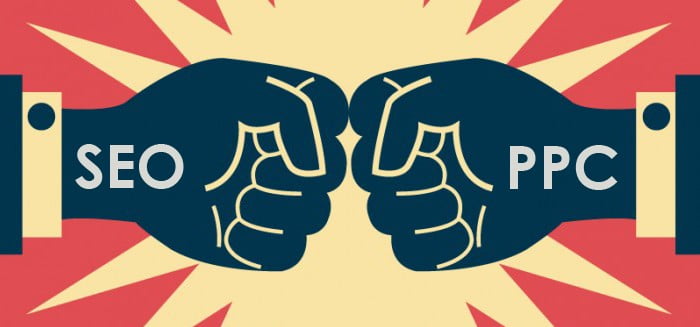Framing Your Marketing Messaging During the Coronavirus Pandemic

Among the other industries, it’s the business sector that has been hit the hardest by the coronavirus pandemic. Employers have mandated their staff to work from home with reduced hours; but in worse cases, halt operations. If you have been operating remotely from home for years now, then consider yourself lucky. Whichever spectrum you belong to, one thing is for sure—business has to move on whether it’s to build brand awareness or to make a profit online.
But how do you frame your marketing message amidst COVID-19 restrictions while still being relevant to what you do as a business entity? Here are a few points.

How To Frame Your Marketing Message During the Coronavirus Pandemic
Scrolling through social media, websites, and emails, there’s one message that’s constantly being communicated—how do we get through the pandemic? Whatever business they run, it’s all about showing empathy, being considerate, and being real. How do you market your brand while still maintaining genuine concern and not come off as taking advantage of the pandemic?
Cultural Marketing in a Fine Line
“Jumping on the bandwagon” is a common marketing tactic. It connects your brand or service to current events. Multiple brands have done it in the past, like Gillette. They came up with a Super Bowl ad that connects to the #MeToo movement by tackling toxic masculinity. And that is called cultural marketing.
While this tactic has a guaranteed perception impact, cultural marketing has to be used with caution—most especially during these times.

For example, you can send emails to your customers and let them know what measures your business is taking amidst the pandemic and how you can still serve them better even if they are at home. That way, your message will still be about the customers and how you can serve them as you follow the necessary procedures and guidelines.
Provide relevant information about the situation and remind them of the different measures they should also take to stay safe, stay healthy, and stay home. This lets them know that their welfare is still (and always will be) your topmost priority. It’s not just about selling your product or service, it’s emphasizing that you care for them.
Go with What Works for the Situation
Whatever product or service you offer, make sure that it’s accessible for people who are at home. Whatever message you put out must be actionable for them.

If you’re a spa, don’t make them feel like they are missing out. Offer something they can do that simulates the sensation of being in a spa. You can give them five things to do to feel relaxed and pampered at home. This allows customers to appreciate your business more.
If you’re an apparel brand, don’t advertise prom dresses if you know that students will probably miss it this year. That’s being sensitive to the concerns of your customers while still being relevant as a brand.
Carefully-curated ad campaigns
Ad campaigns have a very specific message. Take KFC’s recent “Finger Lickin’ Good” TV ad for example. According to CNBC, they had to put it on hold as it encourages customers to sensuously lick their fingers while eating chicken. The message is not appropriate as it goes against health experts’ advice to prioritize proper hand washing at all times.

If your ad campaign sends a message that doesn’t coincide with the current situation, it’s better to pull them out and replace it with one that’s more suitable and relevant during these times.
Build Brand Awareness through content
If you’re a business that focuses on outdoor activities, you have to make your content work for brand awareness. It’s impossible for travel companies to offer packages as everyone is advised to stay home while on coronavirus lockdown. Travel restrictions are also in effect, so it’s best to not go against these measures. You can, however, give fresh trivia about countries they can visit in the future or hold photo contests of places they’ve been to. That way, you get relevant social media interaction that’s anchored to your brand.

Giving back, purchase-to-donate campaign
Another good message a brand can do is to let consumers know how they’re giving back amidst the pandemic. But there’s a caveat: you have to take precaution in properly curating the message.
Purchase-to-donate campaigns can send out the wrong idea. If you ask consumers to donate by purchasing your products, it can imply as though you’re taking advantage of coronavirus relief efforts for marketing gain. Be upfront about how you are using a percentage of the profits you receive from that product or service. This is how you and your customers can partner up to contribute to relief efforts.
Money for profit is a very sensitive issue nowadays. And if you are all about sending messages asking your consumers to spend money that they’re better off spending on food and other necessities, it comes across as tremendously insensitive.
Framing your marketing message can either let customers patronize your product or distance themselves from your brand. Think twice about every word you make and every campaign you engage in as this will dictate the future of your business post-coronavirus.




Leave A Comment